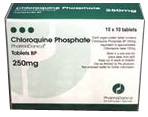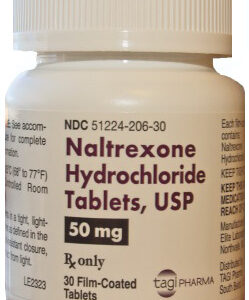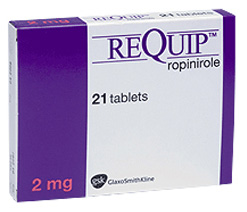Overview
Chloroquine is a medication primarily used to prevent and treat malaria, a disease caused by parasites transmitted through the bite of an infected mosquito. Its efficacy extends to certain types of extraintestinal amebiasis as well. With increased resistance, its role in malaria treatment has somewhat diminished, but it remains a cornerstone drug for specific malaria strains and regions.
Uses
Chloroquine’s primary use is in the prophylaxis and treatment of malaria. Additionally, it shows effectiveness in treating amebic liver abscess and certain rheumatological disorders such as rheumatoid arthritis and lupus erythematosus, though these uses are off-label and require close monitoring by a healthcare professional.
Dosage
The dosage of Chloroquine differs based on the condition being treated and the patient’s age, weight, and medical history. For malaria prevention, adults typically take 500 mg weekly on the same day each week, starting two weeks before exposure and continuing for 8 weeks after leaving the endemic area. For treatment, a high initial dose is often followed by smaller doses over the next 2 to 3 days. Dosages for rheumatological disorders may vary and should be determined by a physician.
How to Take
Chloroquine should be taken with food or a glass of milk to reduce stomach upset. Patients should adhere strictly to the dosing schedule prescribed by their healthcare provider. If taking it for prevention, beginning the regimen well in advance of potential exposure is crucial to establishing effective blood levels of the medication.
Precautions
Before taking Chloroquine, it’s important to inform the healthcare provider about any pre-existing health conditions, such as heart disease, psoriasis, porphyria, liver or kidney disorders, alcohol dependency, or G6PD deficiency. Caution is advised when operating heavy machinery or driving as Chloroquine can impair alertness. Regular eye examinations are recommended due to potential retinopathy on prolonged use.
Interactions
Chloroquine can interact with various medications and substances, including antacids, kaolin, amprenavir, cimetidine, and certain antiepileptics. These interactions may alter the effectiveness of the drugs or increase the likelihood of side effects. It is crucial to consult with a healthcare provider regarding all current medications before starting Chloroquine.
Side Effects
Common side effects of Chloroquine include nausea, vomiting, abdominal pain, and diarrhea. Headaches, dizziness, and itching may occur. Rare but more serious side effects can manifest as vision changes, hearing loss, mental/mood changes, or severe gastrointestinal distress. Immediate medical attention should be sought if these occur.
Contraindications
Chloroquine should not be used by individuals who have a known allergy to it or any 4-aminoquinoline compound. Caution is also needed for those with retinal or visual field abnormalities. Additionally, it should be avoided in patients with a history of cardiac arrhythmias, severe hematological disorders, or neurological disorders.
Storage
To maintain its potency, Chloroquine should be stored at room temperature away from light and moisture. It should be kept out of reach of children and discarded after the expiration date, or if it shows signs of degradation such as discoloration or particulate matter.
FAQs
Can Chloroquine prevent COVID-19? No conclusive evidence supports the use of Chloroquine for COVID-19 prevention or treatment. Its efficacy and safety for this purpose remain under investigation.
How long can I take Chloroquine? Duration of use depends on the condition being treated. For malaria prevention, it is often limited to a few months. Long-term therapy for autoimmune diseases requires ongoing evaluation by a healthcare provider.
Can I drink alcohol with Chloroquine? Alcohol can alter the effectiveness of Chloroquine and exacerbate its side effects. It is best to minimize or avoid alcohol consumption while on this medication.
Is Chloroquine safe during pregnancy? Pregnancy presents a unique challenge for malaria treatment. While some risks exist, the dangers of untreated malaria may be greater. This should be discussed thoroughly with a healthcare professional.
What should I do if I miss a dose? If a dose is missed, take it as soon as you remember. If it is nearly time for the next dose, skip the missed one and resume the regular schedule. Do not double doses.





Reviews
There are no reviews yet.